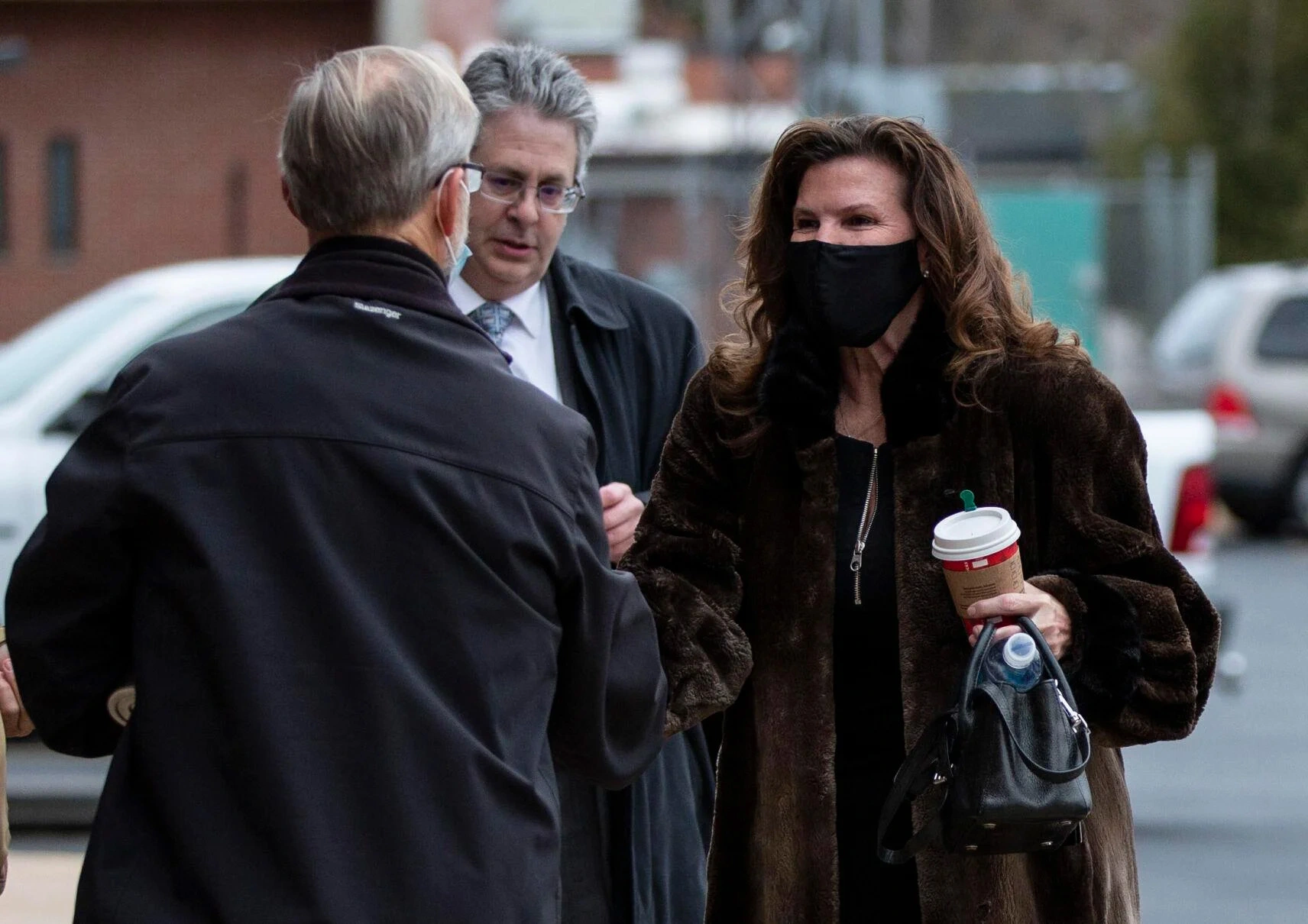In December 2020, an adviser to Rudy Giuliani circulated a draft email addressed to the White House seeking “provisional” security clearances for the former mayor and members of his team as part of their work to keep Donald Trump in power.
The adviser, Katherine Friess, also helped Giuliani woo potential donors to finance Trump’s effort to reverse the results of the election. She helped draft a “strategic communications plan” for a final push to keep Trump in office, a document that became a focus for Jan. 6 investigators and that called for placing paid ads on radio and TV alleging widespread voter fraud. At the same time, Friess warned other Trump aides that their claims about dead people voting in Georgia were weak — but Trump continued to trumpet those claims anyway.
Friess, a national security consultant with deep roots in Washington, kept a low profile, but in November and December 2020, she was Giuliani’s jack-of-all-trades. A host of emails and documents exchanged by Friess and other Giuliani aides have been turned over to special counsel Jack Smith, according to a person familiar with the investigation granted anonymity to discuss the sensitive material.
Dozens of those documents, which have been reviewed by POLITICO, add new detail to the public understanding of how Trump’s allies operated after Election Day — and how they grappled with obstacles both immense and quotidian.
Friess, who did not respond to inquiries, has not been accused of any wrongdoing — by prosecutors or by Congress. And she has not been mentioned in either of the criminal cases charging Trump with conspiring to subvert the election. Two Georgia election workers who are suing Giuliani for defamation tried unsuccessfully to subpoena and depose her. But after searching for her for months, they gave up, saying Friess “vanished.”
Maybe she flipped and now she got witness protection or some shit. Remember: they want the main squad, so they are always looking for a few goons to flip on the side, so the evidence racks up.
It’s pretty crazy that a well known political operative can completely disappear.
She was working for dirty sleazy criminals who have everything to lose.
the Feds got her on ice bubba
She’s probably hiding in some rich donor’s guest house.
Or UNDER some rich donor’s guess house, with all the others…
Hopefully a cooperating witness.
Promise the feds know where she is at.
Sounds like they found their scapegoat.
“I wasn’t in that meeting with Trump, that was Katherine Friess…”
The Feds got Friess in a nice rental somewhere secluded when they get all their food delivered and there’s no internet service
Escapegoat
It actually is scapegoat:
https://www.merriam-webster.com/dictionary/scapegoat
Edit Escapegoat is a common eggcorn:
I can’t tell if you’re serious
The word is, in fact, “scapegoat”, I’m not sure what’s hard to understand about that.
I believe it was a play on words as in they have escaped but thats how I read it.
…Clintons? /s
…Benghazi /s
Wait- how could Politico send inquiries to her at all if the court couldn’t find her to subpoena her?
The article doesn’t say they got a response, no? They could’ve sent an email. And then not gotten any response.







